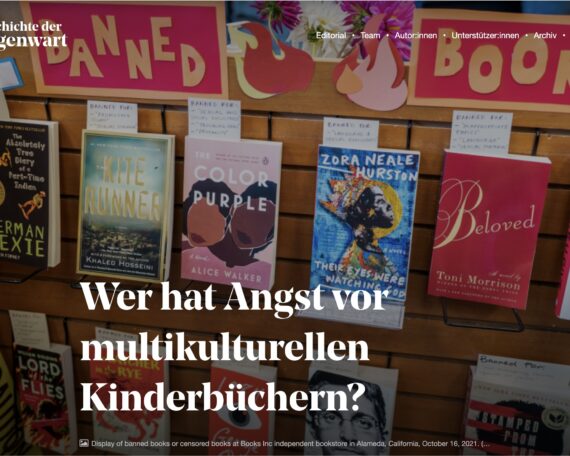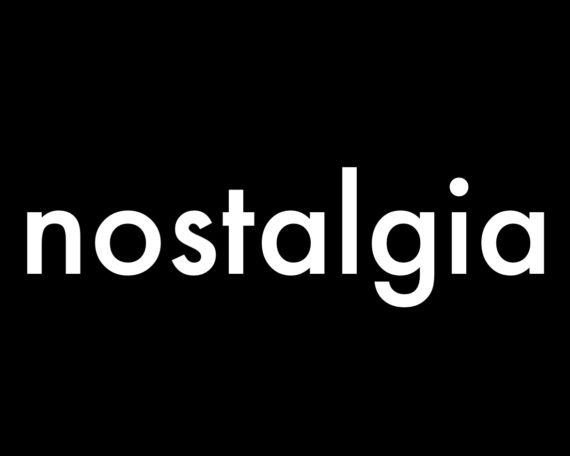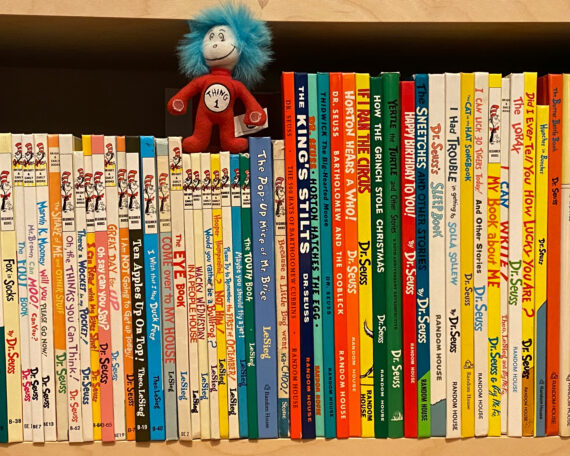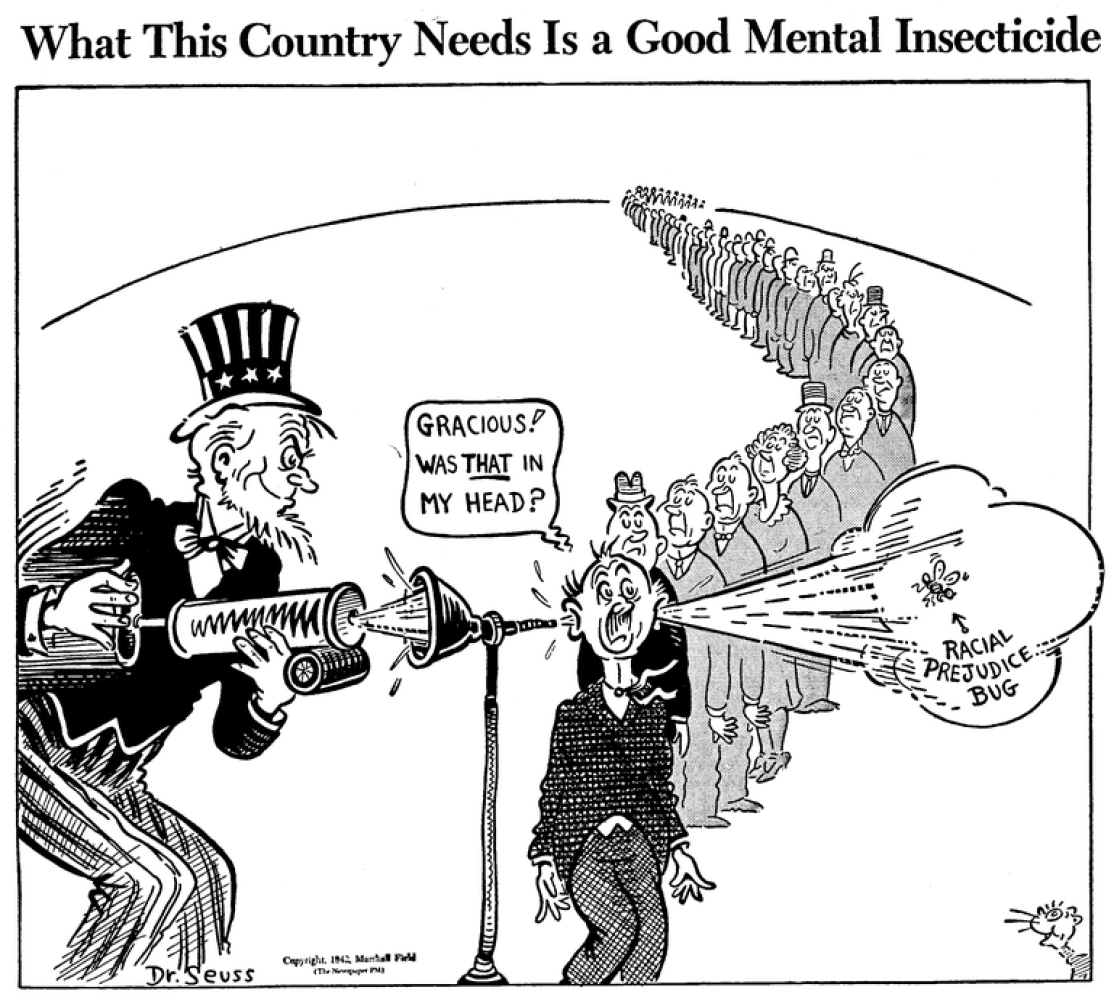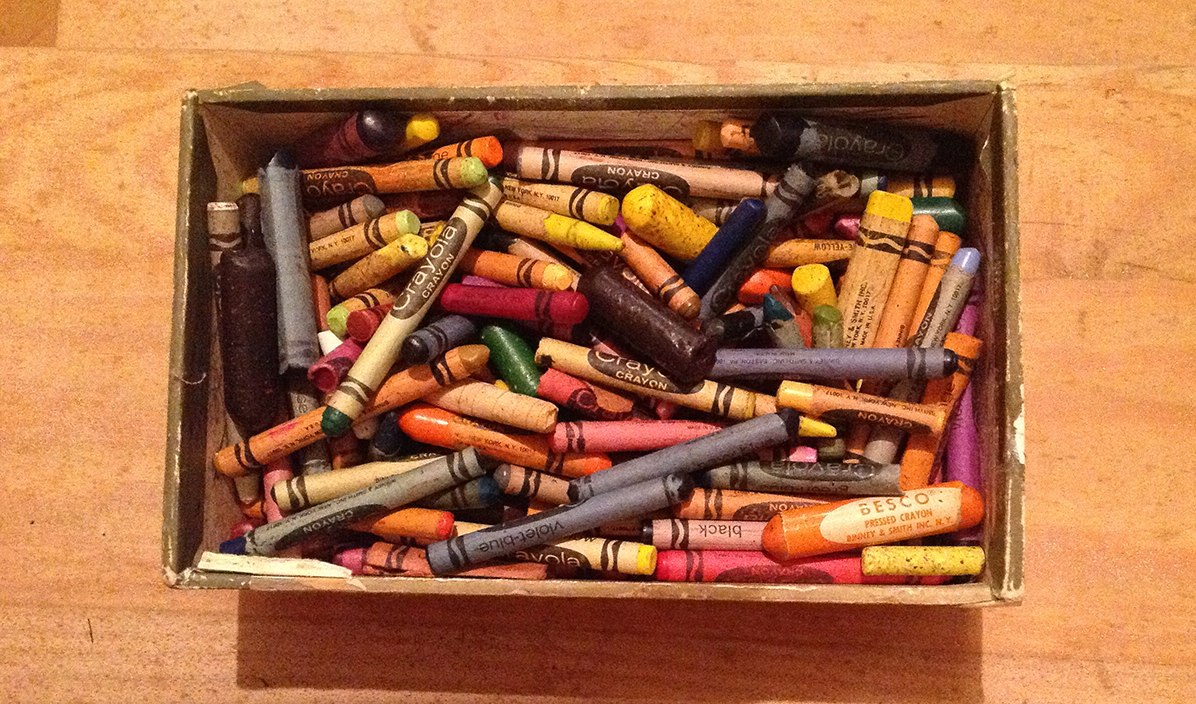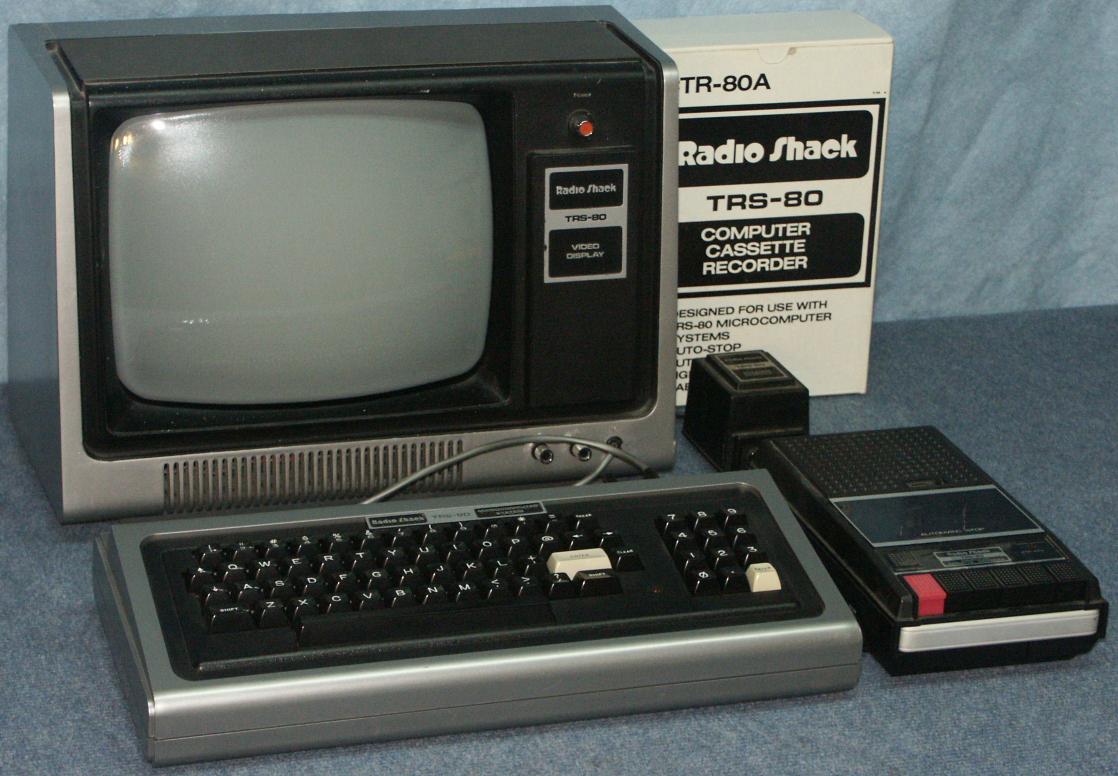Why Are People Afraid of Multicultural Children’s Books? (Geschichte der Gegenwart)
Why are people afraid of multicultural children’s books? To answer that question, I look back to the roots of American censorship — which, as you doubtless know, has been enjoying a renaissance lately. My piece makes its debut today in Geschichte der Gegenwart, a Swiss publication the title of which means History of the Present. That’s

